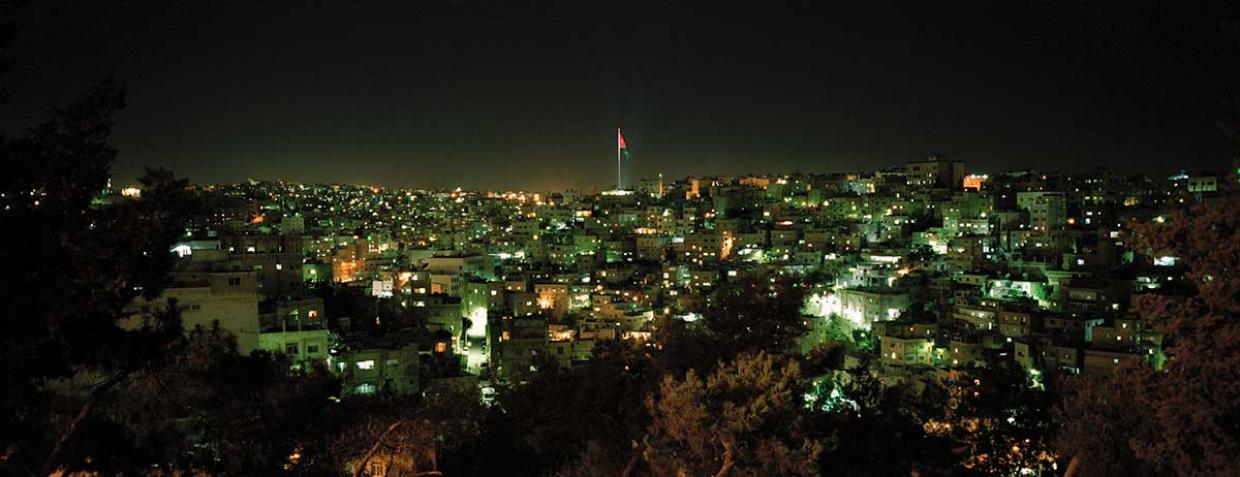Jordan has for years faced severe economic challenges, which include the costs of decades of refugee absorption, high unemployment among a predominantly young population, and large amounts of public debt. The economic crisis has been exacerbated by the COVID-19 pandemic, which significantly weakened the tourism and service industry in the country. Further, the Jordanian economy is highly dependent on foreign aid, first and foremost from the U.S. and the EU, and the support of it’s regional allies, specifically Saudi Arabia, for economic assistance.
On the other side, differing geopolitical threat perceptions have put Jordan in a difficult position vis-à-vis it’s traditional allies, particularly the GCC states and the United States. Unlike Saudi Arabia and the UAE, Jordan does not see Iran and Qatar as a major threat to their national security. On the other hand, the looming annexation of the occupied Jordan Valley by Israel, seen by Jordan as an existential threat, is not seen as such (or to a lesser extent) by Saudi Arabia and the UAE. Further, the current U.S. administration’s policies vis-à-vis the Palestinian-Israeli conflict, including the moving of the embassy to Jerusalem, the so-called "deal of the century" as well as support for Israeli annexation of the Jordan Valley, are considered to be of existential danger for the kingdom.
At our upcoming Brussels MENA Briefing, we want to assess what options Jordan has going forward in facing these competing interests. What leverage does Jordan possess vis-à-vis the United States, Israel and the GCC states? How will it balance the need for continued economic and energy assistance from it’s traditional allies with the diverging geopolitical interests it has with them?
